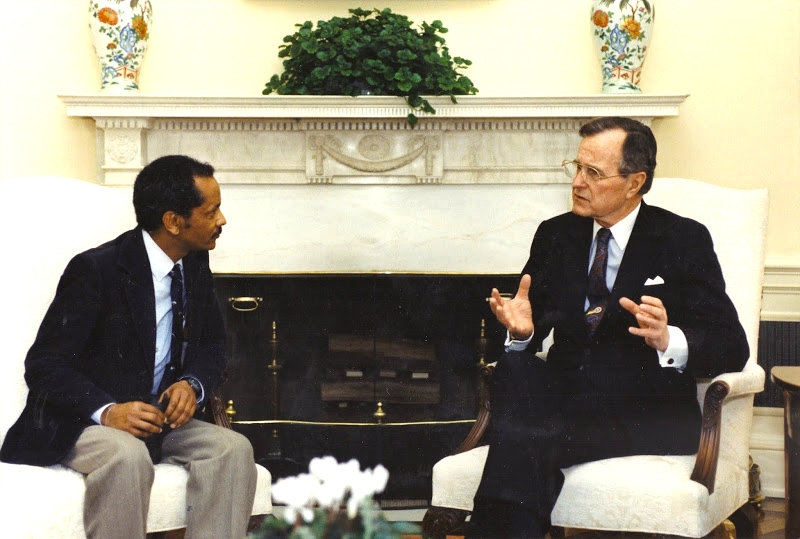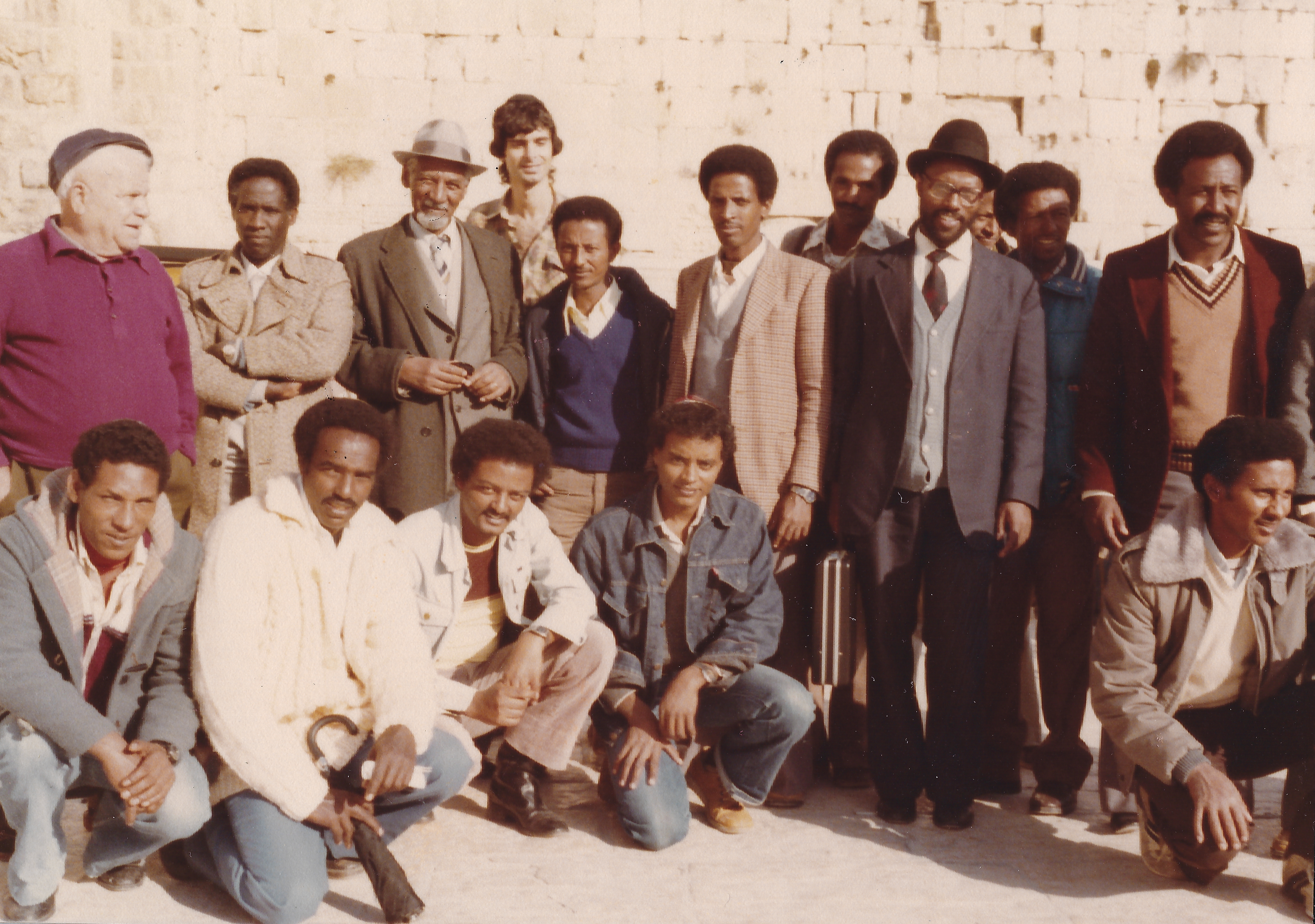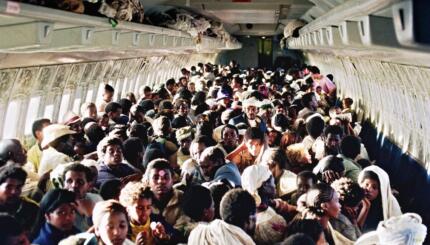When he was 10 years old, filmmaker Avishai Mekonen walked from Ethiopia to Sudan and was eventually taken to Israel. As an adult, he began to wonder how that journey came to be and his research led to his newest project.
BL: Your first film focused on your own journey to Israel, how does this project differ?
Mekonen: When I got to Israel as a child, I never really thought about how I got there, I focused all my energy on fitting in in Israel. In becoming an adult and a filmmaker, I have tried to open up the story of Ethiopian Jews to better understand what happened. My first film was about my life and focused only a little on the broader community. This film is not about me but about the big picture about the heroes and the activists who made the exodus happen.
BL: Isn’t the story of the Ethiopian exodus already well known?
Mekonen: The story people usually tell is that the Jews of Ethiopia were rescued by Israel. And that is true in part. But there is a whole part of the story that is not well known, the story of the Ethiopian activists who held onto the dream of going to Jerusalem and made everything happen. Sadly, the usual vision of the Ethiopians is of passive helpless people who needed to rely on Israelis and Americans to save them. The Israelis and Americans were very important to this story but there were many many Ethiopian activists without whom none of this would have happened. They were the opposite of passive, they were heroes.
BL: You seem focused on the heroism that is central to this story why?
Mekonen: It is important for our young people to know that in our own Ethiopian community there were people who were brave and fought for so many years. I see the power of having heroes. Take the story of Natan Sharansky, he was put in jail because he wanted to come to Israel. He became a hero because he was willing to suffer for the dream. He was called a Prisoner of Zion. And even though Jews around the world helped free the Soviet Jews, he is still considered a hero.
That is what I want for the Ethiopian Jewish heroes, I want people to know the names of Yona Bogale, Gedalia Uria, Ester Hollander, and others. 440 Ethiopian activists and kessim (Ethiopian rabbis) were jailed in Ethiopia. So many risked their lives. For example, Ferede Aklum, whose daughter Mali Aklum, a young activist today in Tel Aviv, describes her father in the film as a “teacher, activist, leader, and James Bond” who endangered himself to make escape routes for the community from Ethiopia through Sudan, to get to Israel, and worked with the Mossad.
These activists had no money, no guides, no equipment. They had a dream and they made it happen. Many of these people were put in jail for days or months because leaving Ethiopia was illegal. They were beaten and tortured. Some died in jail. Those who were released did not give up. These people were true heroes.
BL: How did other Jews and the Israeli and American governments get involved?
Mekonen: Yona Bogale was first Ethiopian to reach out to the west and explained the danger the Beta Israel experienced. In the 1950s, he sent young Ethiopians to Israel to learn Hebrew and English and math and science. Those students became leaders and could speak to other leaders. When things got difficult after Haile Selassie was assassinated, they did protests and reached out to the government and did not give up. They went to the United States and started telling the story of the Ethiopian Jews to the American Jewish community. In the 1970s and 80s, Rahamim Elazar went to the United States and spoke at up to six synagogues a day. First, he had to convince American Jews that we were really Jews then he had to convince them that we needed help. An Israeli Ethiopian journalist and writer Rahamim Elazar was fluent in English and even met with President George Bush. Many individual Ethiopians did not stop working until the problem was one that everyone knew about.`

BL: Why did you decide to make this project now?
Mekonen: The activists are getting older, and I did not want this story to go untold. It is important for our youth to know that we ourselves played an important role in bringing us from Ethiopia. I want them to see that they have the power to be a force for change and possibility in their own lives going forward. This is an inspiring story for everyone, Americans, Israelis, Jews, non-Jews, it is a story of real dreams and real heroes and making the world a better place.
BL: Where can people learn more?
Mekonen: People can see the trailer online and our Facebook page. And if you are in New York City, I will be doing a presentation and showing a preview excerpt of the film at B’nai Jeshurun on April 30th. It is open to the public and everyone is welcome to come and you can register here.





